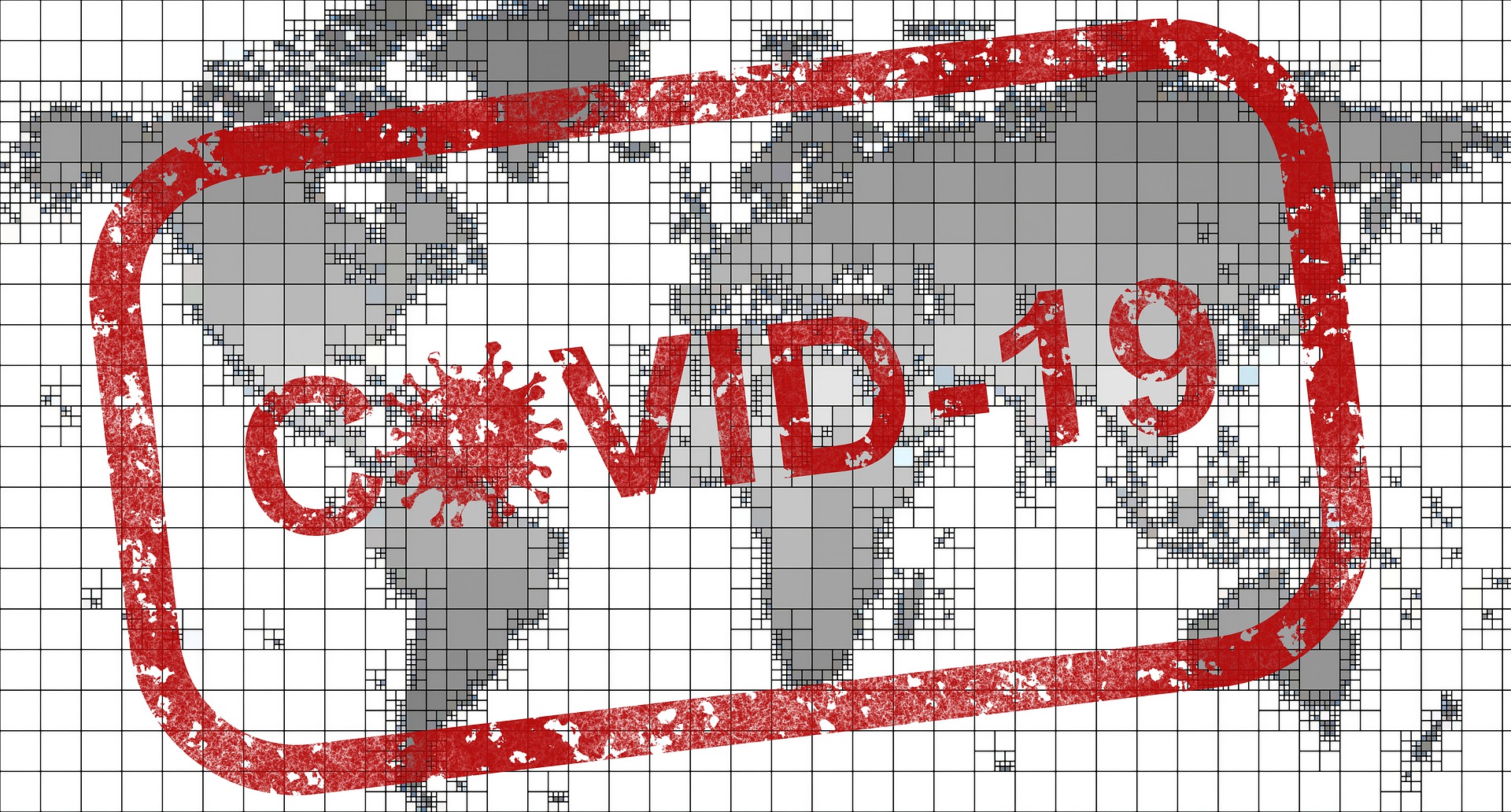Covid-19 has caught the world unprepared; the rush for treatments, tests, protective gear and vaccines has favored the world‘s wealthiest nations. To prevent the same from happening in future pandemics, a group of world leaders has proposed a pandemic treaty, which is being negotiated in a series of international meetings hosted by the World Health Organization (WHO).
The draft treaty aims to ensure fairness in the distribution of everything needed to manage a future pandemic, instead of a free-to-use coronavirus.
However, reaching a deal is difficult, with divergent government interests, reservations from pharmaceutical companies and persistent anti-WHO sentiment from those who have opposed closures, masks and vaccines during the pandemic.
What is the pandemic treaty?
WHO member states have agreed to work on a legally binding treaty on how to respond to the next pandemic to avoid repeating the damage caused by Covid-19, which has not only caused nearly 7 million deaths but, especially in the poorest countries , has led to increased poverty and hunger and has disrupted health systems.
The negotiations are hosted by the WHO, but it is up to the member states to reach an agreement. The last meetings took place in July and more will follow throughout the year, with the aim of presenting a final draft to the World Health Assembly in May 2024.
WHO Director-General Tedros Adhanom Ghebreyesus compared it to the Convention on Tobacco Control, which entered into force in 2005 and was the first international treaty approved by the WHO.
Because it is important?
Vaccines for COVID-19 have been developed and deployed rapidly in rich countries, but have taken significantly longer to reach developing countries significantly.
While the Covax platform was established in the first year of the pandemic – to support research and production of a range of vaccine candidates and negotiate prices to ensure their equitable distribution – the world‘s richest countries have hoarded vaccines through their own agreements .
The resource shortage hasn’t just been limited to vaccines: Poorer countries have struggled to obtain crucial supplies of oxygen for ICU patients, personal protective equipment and resources for testing.
What is proposed?
Draft political declaration contains references to “global solidarity” and expressions of “concern” ranging from the disproportionate impact of COVID-19 on low- and middle-income countries and disadvantaged members of society to its impact on health systems and development .
In particular, it calls for greater access to affordable medicines, including off-brand versions, and greater support for local and regional manufacturing and distribution.
It also calls for WHO to be given the authority and funding it needs to help countries minimize the risks of a pandemic. of a pandemic.
What impact will it have?
The goal of the agreement is to learn from COVID-19 and ensure that the treatments, equipment and resources to deal with a pandemic are available to all countries on a more equitable basis. The aim is also to contribute to the prevention of future pandemics with better and more transparent surveillance and early warning of disease outbreaks.
How is it going?
There have already been several rounds of talks ahead of a high-level meeting at the United Nations next month, resulting in a draft political declaration, but there are already doubts about the strength of the agreement.
Early drafts were condemned as weak. The Médecins Sans Frontières Access Campaign, which campaigns for more equitable access to healthcare, said the draft uses ambiguous language and that the criteria are too loose, so that when it comes to action, countries will they will interpret differently, making it difficult to activate the chord.
The definition of a pandemic has also been criticized for being too narrow: not just an epidemic that has spread globally, but also one capable of “overburdening health systems with severe morbidity and high mortality” and “cause social and economic upheaval”.
There have also been challenges from those who oppose the accord and criticize the WHO. Last month Tedros criticized claims by those with “vested interests” that the deal was a power grab by the WHO, which “would hinder innovation and research”.
He compared those undermining the talks, “who peddle lies about this historic deal,” to the tobacco industry’s attempts to stymie the control treaty 20 years ago. He also had to counter claims by figures like Elon Musk that the treaty would mean ceding sovereignty to the WHO.
Part of the call for better access to vaccines involves increased production of off-brand treatments, but Tedros said that doesn’t mean big pharma’s profits will be dented.
During talks last month, he said: “We don’t have to choose between fair access and innovation. We don’t have to choose between protecting public health and making a fair profit. We can find a balance.”
